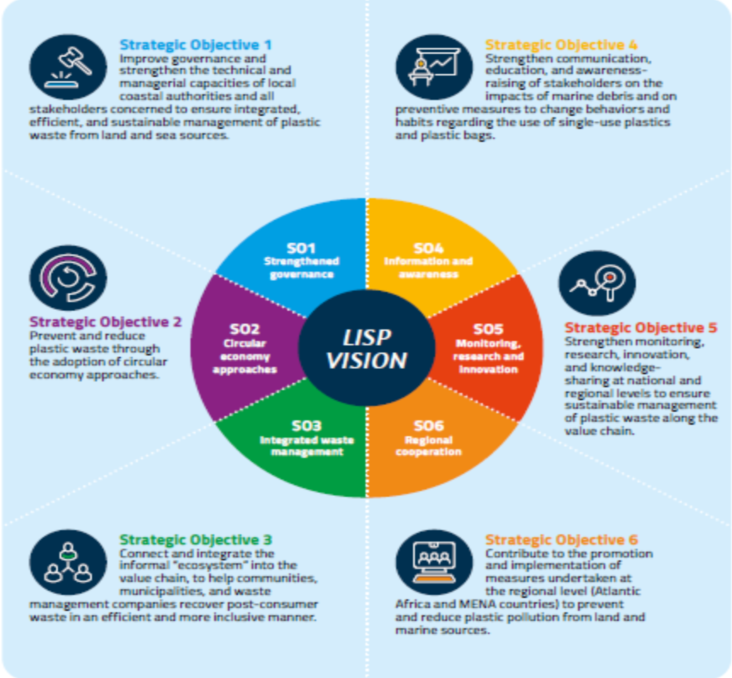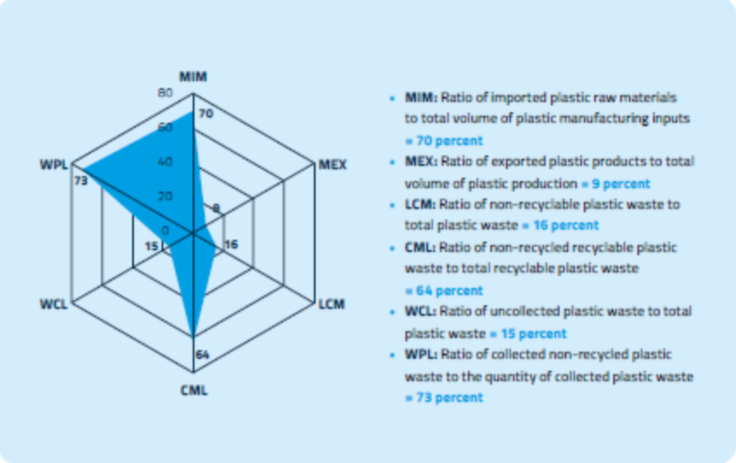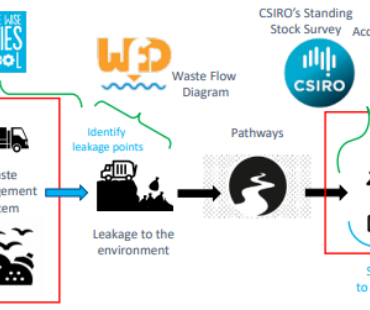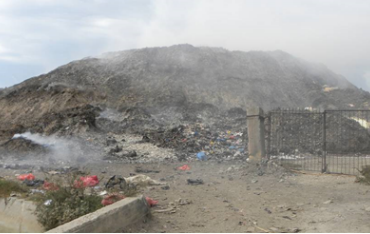Project Description
This project aims to address marine plastic pollution through the implementation of the "Littoral Sans Plastique (LISP)" Strategy, a nationwide initiative to reduce plastic leakage from land and marine sources, fulfilling Morocco’s regional and international commitments. The strategy targets a circular economy transition, aligning with Morocco’s blue economy development objectives, including sustainable tourism, fisheries, and marine ecosystems protection.
The initiative focuses on the following key deliverables:
- Plastic Circularity Assessment: Analyze the flow of plastic materials and calculate Circular Economy Value (CEV) to identify improvement areas.
- Economic Instruments for Phasing Out Single-Use Plastics: Propose taxation, subsidies, and regulatory tools to reduce the use of problematic plastics.
- Reduction of Plastics in Agriculture: Develop an action plan for phasing out common agricultural plastics using biodegradable alternatives.
- Tourism Sector Engagement: Design and implement a public-private network of tourism stakeholders to minimize single-use plastics in the Souss-Massa region.
- Integration of Informal Waste Sector: Create a roadmap to formalize and integrate informal waste workers into the formal plastic waste management system.
- LISP Communication Plan: Develop a comprehensive outreach strategy, including a campaign logo, brochures, and key messages.
- Integrated Information Management System: Strengthen monitoring capabilities by designing a data system to track progress and compliance with international agreements.
Description of Services Provided by the Consortium MORES / RWA Group:
- Conducted workshops and consultations across the plastic value chain to ensure stakeholder participation.
- Developed methodologies for assessing circularity and sustainability within Morocco's plastic economy.
- Designed economic policies and technical plans for phasing out single-use plastics and adopting biodegradable materials.
- Created educational and awareness campaigns targeting behavior change around plastic usage.
- Established pilot partnerships in the tourism sector to foster sustainable practices.
- Recommended governance and legislative enhancements to integrate informal waste workers and support sustainable plastic waste management.





